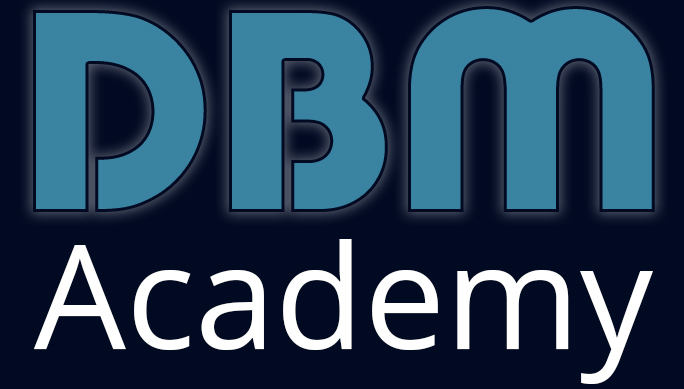Unleashing the Power of AI: Best Practice Use Cases

In the realm of technology, few innovations have garnered as much attention and excitement as Artificial Intelligence (AI). This cutting-edge technology has rapidly transformed industries across the board, enhancing efficiency, accuracy, and decision-making processes. From healthcare to finance, from manufacturing to entertainment, AI's potential knows no bounds. Let's delve into some of the best practice use cases that exemplify AI's transformative power.
-
Healthcare Diagnostics and Treatment: AI has revolutionized the field of healthcare by enabling more accurate diagnostics and personalized treatment plans. Machine learning algorithms can analyze vast amounts of medical data, from imaging scans to patient records, to detect patterns and predict disease risks. This aids doctors in making informed decisions and providing timely interventions. Additionally, AI-powered robotic surgery assists surgeons with precision and minimally invasive procedures, reducing risks and recovery times.
-
Financial Fraud Detection: Banks and financial institutions are leveraging AI to combat fraud. Machine learning algorithms analyze transaction data in real-time, identifying suspicious activities and anomalies that might indicate fraudulent behavior. These systems can adapt and learn from new patterns, staying ahead of increasingly sophisticated fraudulent techniques.
Learn more at www.dbm.academy
3. Manufacturing and Supply Chain Optimization: AI-driven predictive analytics are transforming manufacturing processes. By analyzing historical data and current trends, AI models can forecast demand, optimize inventory levels, and even predict equipment maintenance needs. This leads to reduced production downtime, optimized resource allocation, and ultimately, cost savings.
4. Autonomous Vehicles: The automotive industry is steering towards AI to power the development of autonomous vehicles. These vehicles rely on sensors and AI algorithms to interpret their surroundings, make split-second decisions, and navigate through complex environments. The potential benefits include reduced accidents, increased traffic efficiency, and greater accessibility for people who are unable to drive.
Personalized Marketing: AI is reshaping the way businesses approach marketing. By analyzing customer behavior and preferences, AI algorithms can tailor marketing campaigns to specific audiences, increasing engagement and conversion rates. Chatbots and virtual assistants powered by AI provide real-time customer support, enhancing user experiences.
Learn more at www.dbm.academy
5. Environmental Conservation: AI technology plays a pivotal role in environmental conservation efforts. For instance, it can analyze satellite imagery to track deforestation, monitor wildlife populations, and predict natural disasters. This data-driven approach aids in making informed decisions to protect and sustain our planet
6. Language Translation and Natural Language Processing (NLP): Language barriers are breaking down thanks to AI-driven translation tools. NLP models, such as neural machine translation, can translate languages in real-time, enabling global communication and collaboration. Moreover, these models have advanced to understand context and nuances, making interactions more human-like.
7. Drug Discovery: The field of pharmaceuticals is benefiting from AI's ability to accelerate drug discovery processes. AI algorithms can predict molecular interactions, analyze chemical compounds, and simulate drug effects. This expedites the search for potential treatments and reduces the time and cost of bringing new drugs to market.
Energy Efficiency: AI is instrumental in optimizing energy consumption. Smart grids powered by AI algorithms can predict demand, adjust energy distribution, and manage power fluctuations. This leads to more efficient energy usage, reduced waste, and cost savings.
Learn more at www.dbm.academy
8. Education and Personalized Learning: AI is transforming education by providing personalized learning experiences. Adaptive learning platforms analyze students' strengths and weaknesses, tailoring coursework to individual needs. This fosters better engagement, improved retention, and a deeper understanding of the material.
In conclusion, the best practice use cases of AI are vast and varied, spanning industries and impacting every aspect of our lives. From healthcare to education, from environmental conservation to finance, AI's potential for innovation is boundless. However, it's essential to approach its implementation with responsibility, ethics, and a clear understanding of its limitations. As we navigate the future, harnessing AI's power can lead to remarkable advancements that enhance our quality of life and drive human progress to new horizons.
Feel free to attend my next FREE workshop HERE
Learn more at www.dbm.academy
